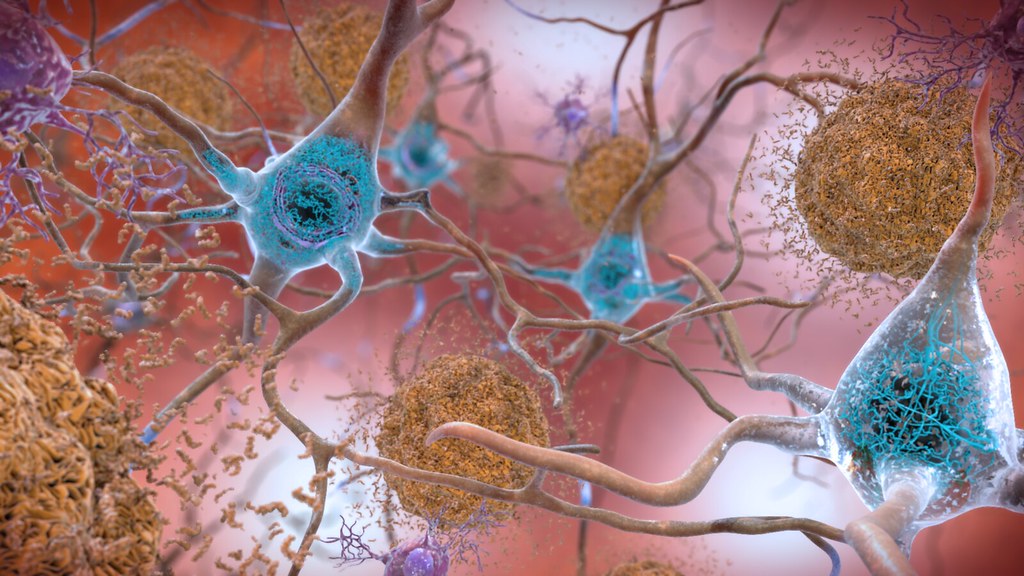Eating kiwifruit could improve mental health for people with low vitamin C, with real fruit showing more benefits than a vitamin supplement.
By William Harley
An apple a day keeps the doctor away. Eating bananas can relieve muscle cramps. Adding blueberries to your diet can prevent disease. Many different fruits are praised for their health benefits, and it is time to add a new one to the mix—kiwifruit.
In a study published in the British Journal of Nutrition, researchers at the University of Auckland and University of Otago in New Zealand suggest that eating two kiwifruit a day can improve your mood within two weeks. Kiwifruit are high in vitamin C, which is an important building block for compounds that promote healthy brain functions—including a better mood. By just adding two kiwifruit a day to their diet, subjects reported changes to their sense of energy, feelings of fulfillment, and feelings of distress. Researchers categorized these across three key areas: vitality, flourishing, and mood disturbance.
Measuring mood
Measuring different aspects of mood can be difficult, especially when you have 167 participants. To address this, the scientists utilized a tool already in the public’s hand: smartphones. Every two days, the subjects were asked questions on their smartphone regarding feelings of engagement, competency, and other factors such as sleep and physical activity. This method provides more detail into daily changes without placing a burden on participants to schedule appointments.
For four weeks, subjects with low vitamin C added either kiwifruit, vitamin C supplements, or placebos to their diet. The scientists also surveyed participants two weeks before and after the experiment to determine a baseline and evaluate the aftereffects. Candidates with low vitamin C were selected from recruited applicants because previous studies suggested they would have a strong response to vitamin C and kiwifruit supplements.
RELATED: Antioxidant Boost Found in Citrus Honey
A diet of kiwifruit
Within four days of incorporating kiwifruit into their diet, participants reported improved vitality and mood. While this varied day-to-day, improvements became more consistent after two weeks. Benefits in flourishing appeared later at around 14 days. However, the benefits rapidly disappear when stopping eating kiwifruit. The other treatment, vitamin C supplements, resulted in less improvements across the board.
Kiwifruit has the advantage of containing many other nutrients that contribute to an improved mental state. Fiber could improve gut health, potassium could increase vigor, and other nutrients could decrease inflammation. All these factors play a vital role in mood and are absent in vitamin C supplements.
RELATED: Picky Eating and Brain Evolution in Butterflies
Digging deeper
But kiwifruit is not yet ready to join the ranks of the apple, banana, and blueberry. The 167 participants were not perfectly identical subjects. When accounting for differences in sleep quality, age, ethnicity, and physical activity—all factors known to affect mood—the effects of kiwifruit on vitality and mood disturbance shrink. Still, when focusing on subjects who maintained low vitamin C through the lead-in period, kiwifruit significantly improved flourishing and decreased feelings of distress.
RELATED: The Role of Sleep in Gut and Heart Health
This research is important because it suggests that humans can feel better through diets consisting of whole foods, and that singular supplements might not be an effective replacement. Scientists also demonstrated an innovative, nondisruptive method for collecting participant data throughout the week—an important advance in psychological research. This method provides a better way to measure intangible aspects of the human experience, like their mood. This has the potential to fill gaps in other survey-based studies.
So, while eating kiwifruit for four weeks is not a permanent fix for a bad mood, there are clear mood-related improvements. Considering this, the kiwifruit could tentatively be given its own catchphrase: “Kiwifruit—the good mood food.”
This study was published in the peer-reviewed journal British Journal of Nutrition.
The information contained in this article is for educational and informational purposes only and is not intended as health or medical advice. Always consult a physician or other qualified health provider regarding any questions you may have about a medical condition or health objectives.
Reference
Fletcher, B. D., Haszard, J. J., Vissers, M. C. M., & Conner, T. S. (2024). Smartphone survey data reveals the timecourse of changes in mood outcomes following vitamin C or kiwifruit intervention in adults with low vitamin C. British Journal of Nutrition, 131(8),1384–1396. https://doi.org/10.1017/S0007114523002787

About the Author
William Harley completed degrees in biochemistry & molecular biology and in chemical engineering from Oregon State University. While an engineer by profession, he enjoys creating music, trail running, and baking. Connect with William on LinkedIn.




